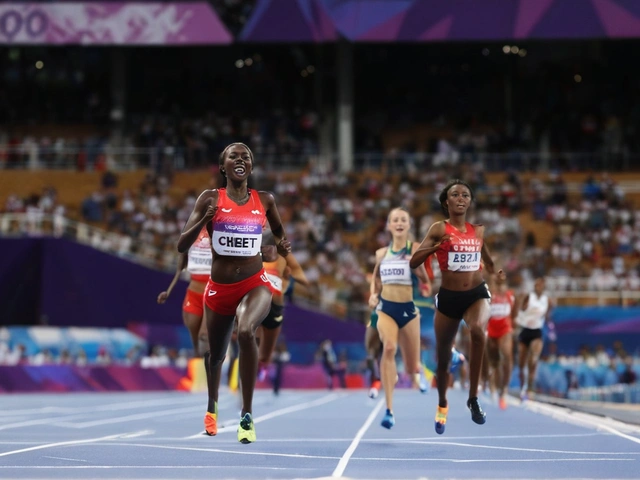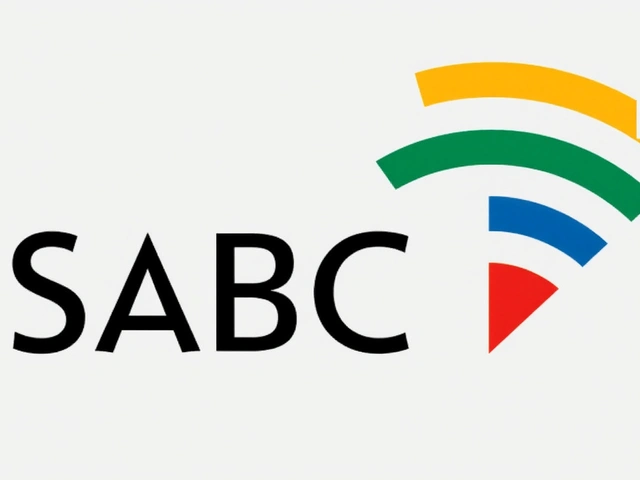DSS – Decision Support Systems for Urban Agriculture in Africa
Ever wondered how city farmers can predict a rainstorm, pick the best crops, or cut water waste? That's where a Decision Support System, or DSS, steps in. It’s a digital helper that crunches data and gives simple, actionable advice – perfect for anyone juggling a rooftop garden or a community plot.
Why DSS matters for city growers
Urban farms face tight space, fluctuating weather and limited resources. A good DSS pulls in weather forecasts, soil sensors and market prices, then shows you the smartest move for the day. Want to know if you should plant kale instead of lettuce because a heat wave is coming? The system will tell you. This saves water, boosts yields and keeps your veggies profitable.
Getting started with a DSS
First, pick a platform that fits your scale. Many African startups offer mobile‑friendly DSS apps that work offline and sync when you’re back online. Next, feed the system with basic data – how many square meters you have, what you’ve planted, and any sensor readings you can get. The more accurate the inputs, the sharper the advice.
Once set up, you’ll start getting daily tips: irrigation schedules, pest alerts, and even price trends at local markets. Some tools even suggest mix‑cropping patterns that maximize space and improve soil health. The best part is you don’t need a PhD; the interface is made for busy growers who just want clear, simple guidance.
Real‑world examples are popping up across the continent. In Nairobi, a community garden uses a DSS to plan planting calendars around the rainy season, cutting water use by 30%. In Lagos, rooftop farms track temperature spikes and receive instant alerts to shade vulnerable plants. These stories show how a bit of tech can turn guesswork into confidence.
Beyond the farm, DSS can help city planners allocate resources. By aggregating data from many small plots, municipalities can spot food‑insecure neighborhoods and target subsidies or training programs where they’re needed most. It’s a win‑win: growers get better yields, and cities move closer to food security goals.
Looking ahead, AI‑driven DSS will get even smarter. Imagine a system that predicts pest outbreaks weeks before they happen or recommends the exact fertilizer mix based on real‑time soil microbes. As internet connectivity improves, these tools will become standard in urban agriculture kits.
If you’re ready to try a DSS, start small. Test a free trial, plug in a few data points and watch the recommendations roll in. Share your results with other growers – the collective data makes the system stronger for everyone. Soon you’ll see fewer surprises, more harvests, and a healthier bottom line.






